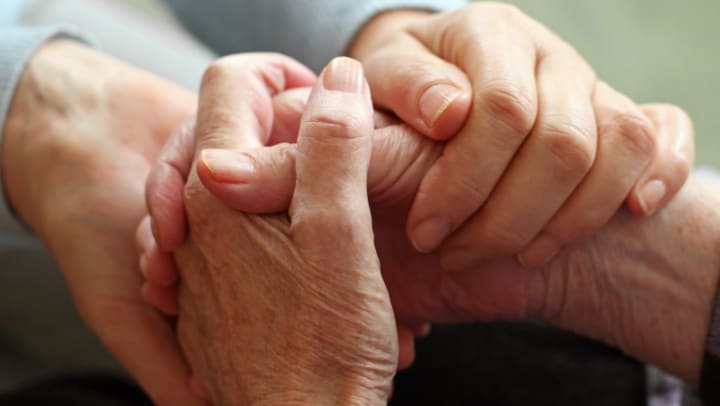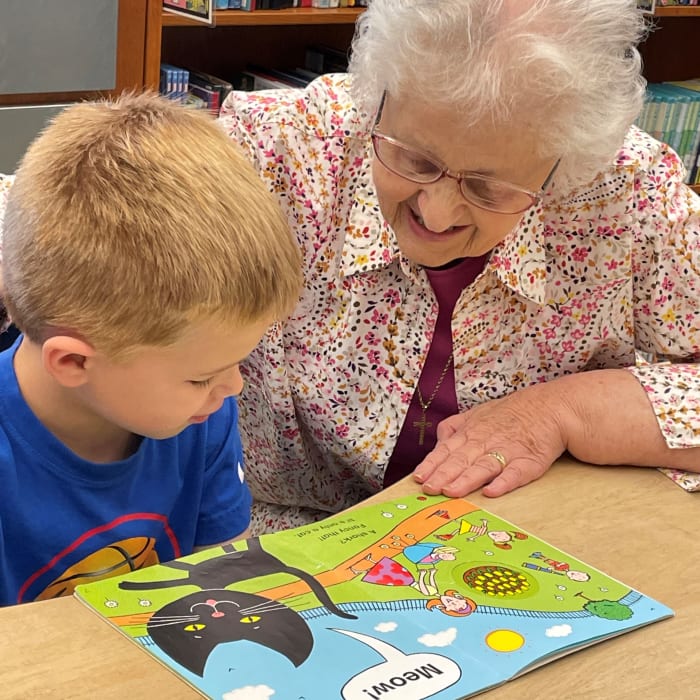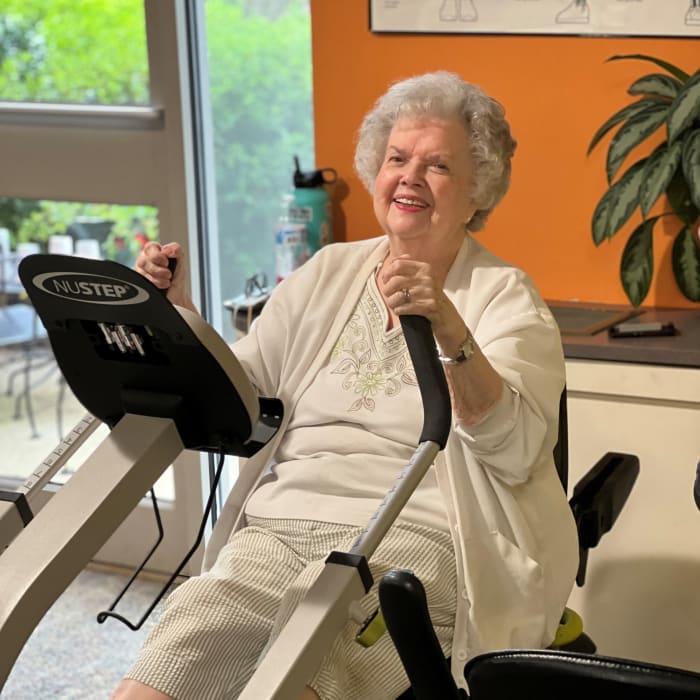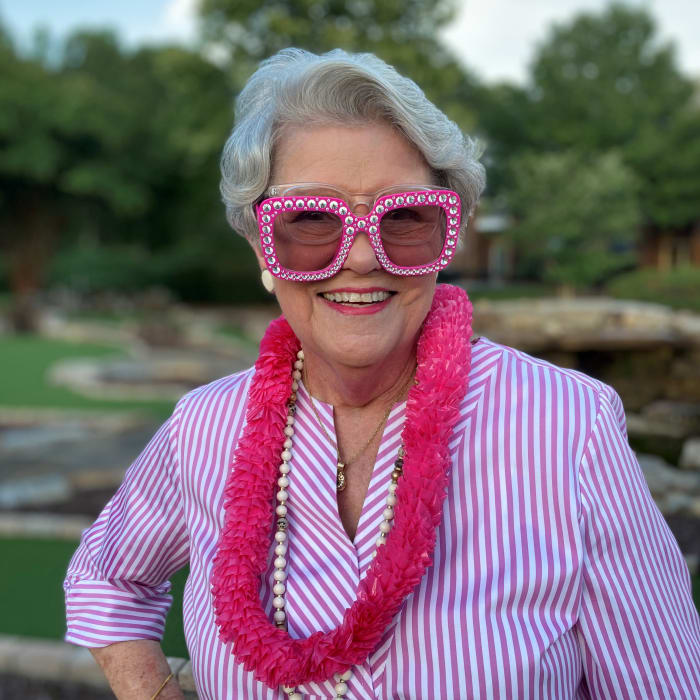A Helping Hand for the Caregiver
Caring for a loved one who suffers from a chronic illness, limited mobility or a progressive disease such as dementia is a demanding job, both physically and emotionally. It’s important to find a balance that allows you to take care of yourself, as well as your loved one. This will help ensure that you remain healthy so that you can provide your loved one with the best care possible. You’ll need to take steps to prevent stress, as well as manage it.
Stay informed
Educating yourself about the condition or disease your loved one has can help you understand the daily challenges you may face. You can use the information to learn new skills that will help you adapt to those challenges. Stay connected with resources from your local hospital or an appropriate disease-related organization.
Seek professional help
If you aren’t already familiar with your loved one’s doctor, you should make a list of questions and consult with him or her. It’s important to discuss the issues that will affect your loved one, as well as yourself.
You may need assistance to help plan for the future. Getting experts involved right away can reduce stress and worry later. Consider consulting a legal authority and financial planner for advice about long-term care issues.
Take time for yourself
The stress associated with caring for a loved one can lead to a condition called caregiver burnout. To avoid this, set aside personal time each day to enjoy a hobby, take a walk or just unwind. This can help you maintain a sense of normalcy and prevent you from losing yourself to the exclusive needs of another person. Even if you just take a few minutes for yourself, you will be reminded that your needs are important, and you will have a chance to recharge your batteries. Remember to keep your own doctor appointments to take care of your health, too.
Tap family and friends for help
Family and friends can serve as helpful resources. Organize a meeting to find out what others may be able to offer. They can help take some of the load off your shoulders. It’s also important to have a friend or family member you can confide in. You'll need someone with whom you can share the experience with and discuss the challenges you may be experiencing.
Use community resources
Don’t wait until you’re exhausted to seek help outside of your social network. Your local Area Agency on Aging or senior center can provide you with information about support groups and other services in your area. Access caregiver resources and information about the National Family Caregiver Support Program at acl.gov.
Our senior living communities are designed to support the needs of family caregivers and their loved ones. If you or someone you know needs caregiving support, please visit www.prescommunities.org for more information.






